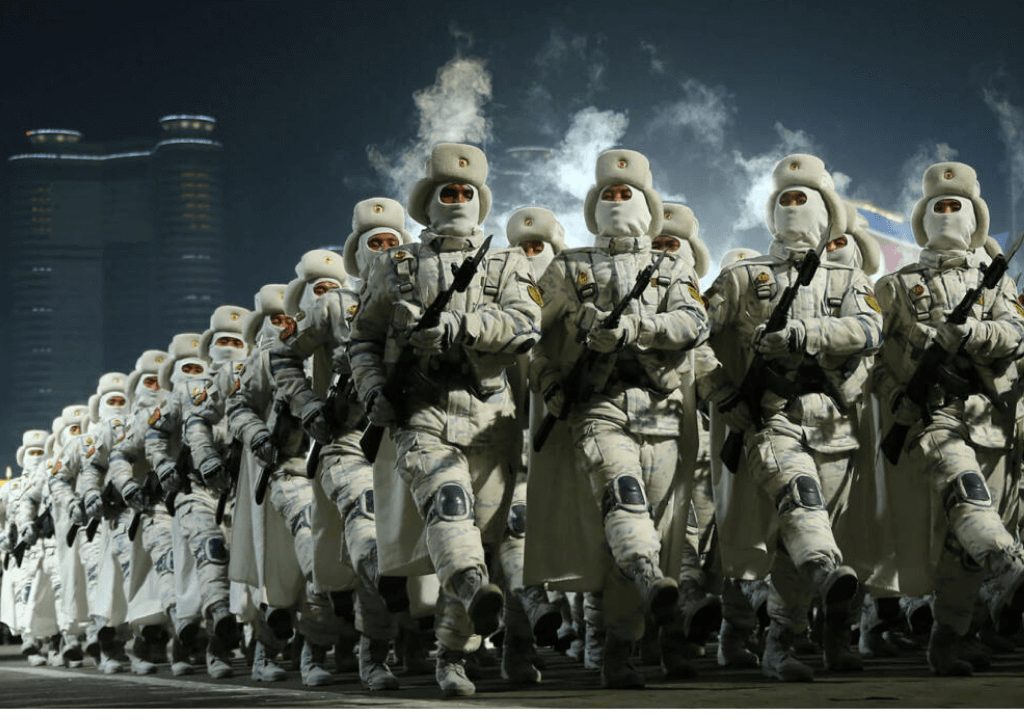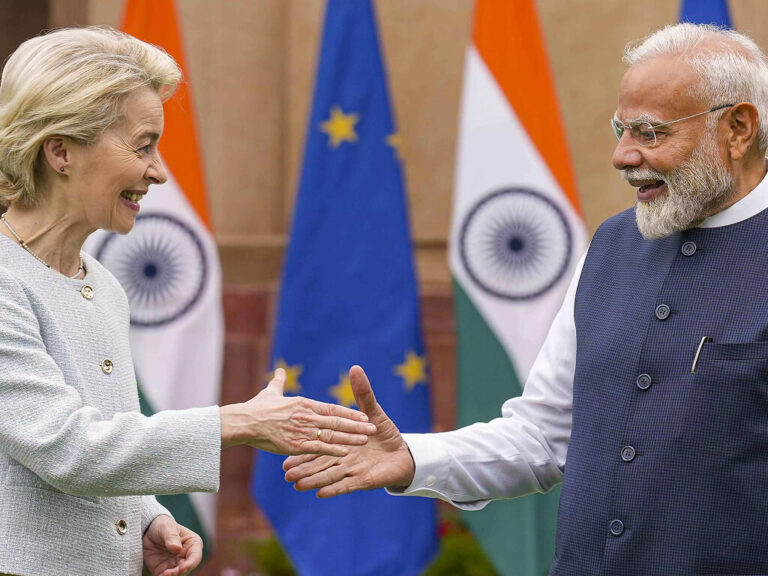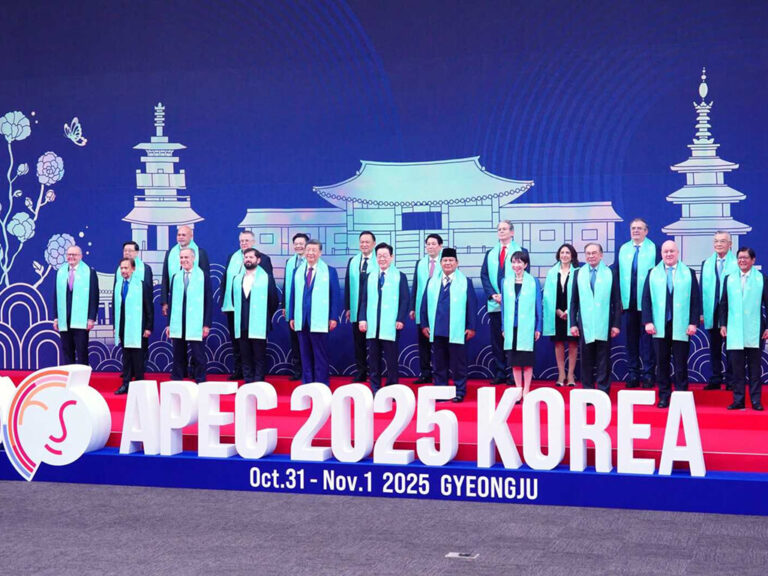Russia is now short of men. They never anticipated, even in their distant dreams, that the war in Ukraine would last this long. After two and a half years, the death toll on the Russian side is high, and the conflict shows no signs of an immediate ceasefire, creating serious challenges. Russia has tried to boost recruitment, including from countries like Nepal. People living in poverty are being sent to the frontlines, despite having no interest in Ukraine or the war beyond the promise of some money.
As the governments of these countries take steps to curb this recruitment flow, primarily under pressure from the West, Russia has adopted alternative measures, including enlisting its long-term ally North Korea in the war. Russia and North Korea recently formalized a significant treaty focused on military cooperation. Under this pact, North Korea plans to send troops to Ukraine to support Russia’s war efforts. With the treaty now ratified by both governments, North Korea’s entry into the Russia-Ukraine war is official.
On Monday, North Korean leader Kim Jong-un signed and officially ratified the landmark mutual defense pact with Russia. The treaty, first signed on June 19 during Russian President Vladimir Putin’s famous state visit to Pyongyang, commits both nations to provide immediate military support to each other, using all means necessary, in response to any act of aggression. Kim hailed the pact as a milestone, calling it an alliance that will elevate Russia-North Korea relations to unprecedented heights. The world, especially Russia and North Korea’s adversaries, now watches closely, concerned about how this alliance will impact ongoing conflicts and global stability.
The treaty includes a preamble and 23 articles that outline cooperation in politics, trade, investment, and security. Article 3 specifies that if either nation faces a direct threat of armed invasion, both sides must immediately open bilateral negotiations to align their positions and plan practical countermeasures. Article 4 requires immediate military and other assistance from the other party if one nation enters a state of war due to an armed invasion, resembling NATO’s mutual defense clause. Article 10 focuses on fostering exchanges and cooperation in fields such as science and peaceful nuclear energy This clause is particularly intriguing for Kim Jong-un, who has a strong interest in nuclear weapons, likely motivating him to commit troops in return for advancements in weaponry.
Five days before North Korea ratified the treaty, Russia’s parliament approved it in Moscow on November 6, signaling the growing importance of the agreement. Observers expect Russia to extend this strategy to include more of its satellite states, which may also join the effort if the war persists. Despite U.S. attempts to disrupt these alliances, many former Soviet countries continue to depend on Russia.
Intelligence reports from South Korea, the United States, and Ukraine confirm that at least 11,000 North Korean soldiers have already been sent to the front lines to fight against Ukrainian forces. Most of these troops have been deployed to Russia’s Kursk region, which has been partially under Ukrainian control since Kyiv’s surprise incursion into Russian territory in August. Neither Moscow nor Pyongyang has directly commented on the presence of North Korean soldiers in Russia, but their involvement under the Mutual Defense Treaty has effectively expanded the war beyond Russia and Ukraine, drawing North Korea into the conflict.
North Korea’s involvement could potentially draw South Korea into the war in support of Ukraine, with growing fears that Japan might also join, further escalating tensions. Earlier this month, South Korean President Yoon Suk-yeol warned that he might send arms to Ukraine if North Korean soldiers are not withdrawn from Russia. However, many believe this scenario is unlikely. North Korea’s role in the war appears limited to sending troops to assist Russia in exchange for advanced technologies. Still, we must consider the possibility that they are all teaming up to prepare for a larger agenda.








